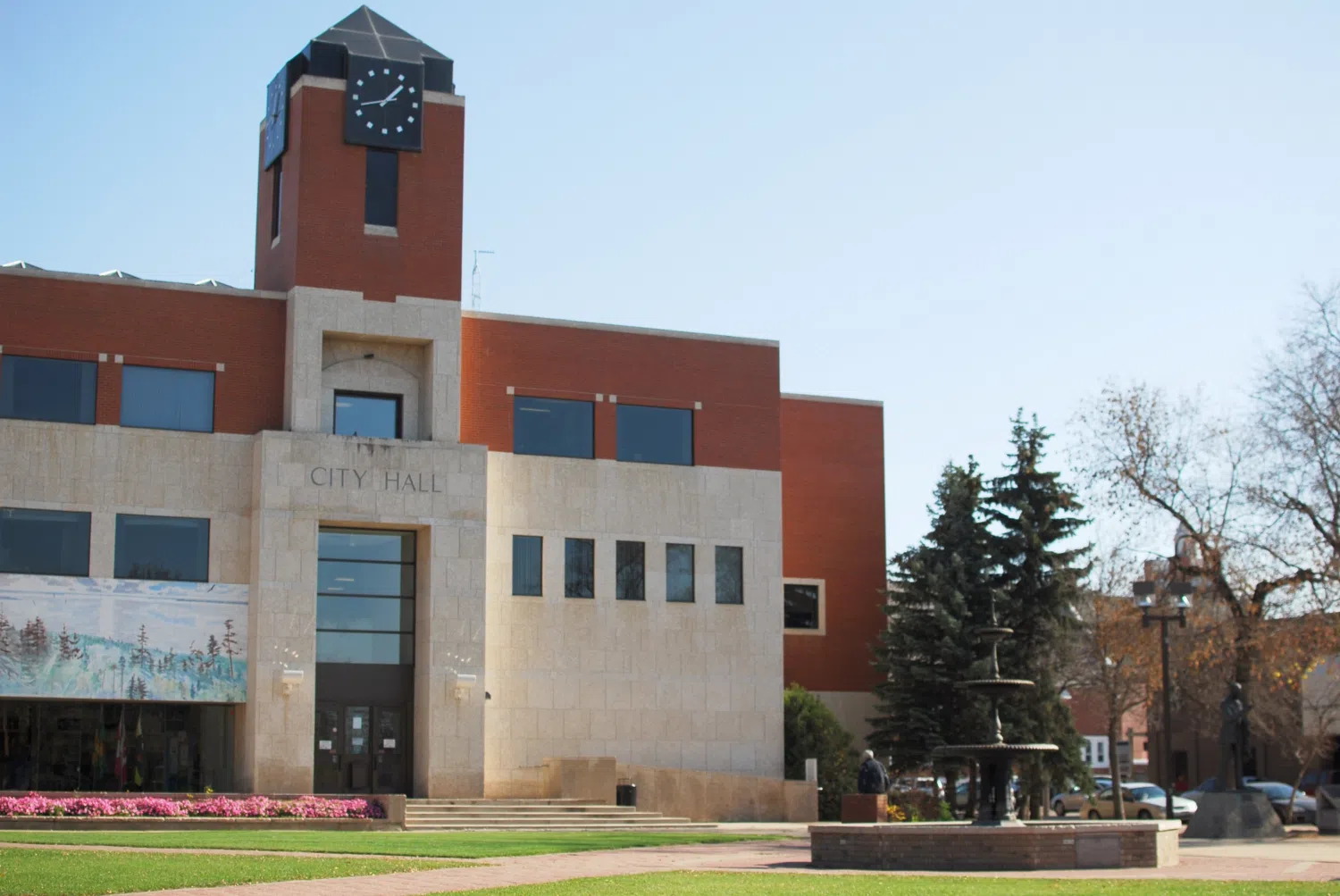
Council to vote on tax plan
City council will vote on its new budget tonight and on one of three tax scenarios to pay for it.
Two weeks ago, the city voted on its operating and capital budgets with a combined total of $48.7 million.
It’s an increase of about $2.8 million over 2010's budget, and the city will need to generate an additional $1.5 million in taxes to cover the new budget.
Tonight, councillors will weigh several options to raise the tax revenue.


